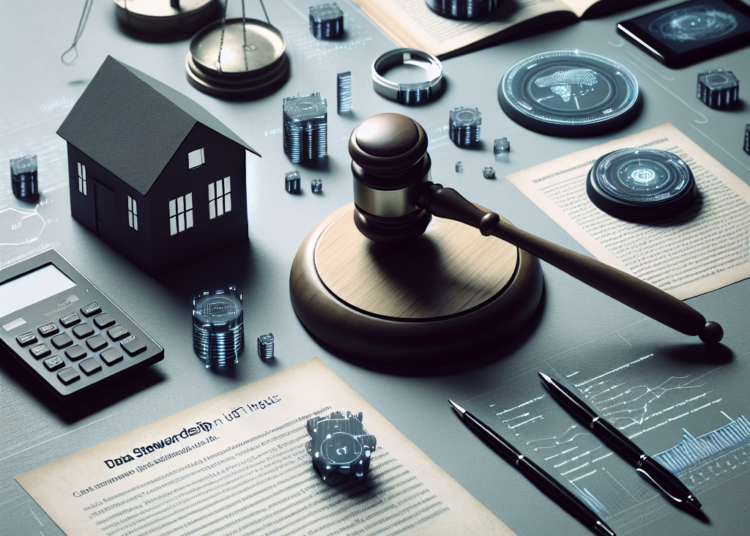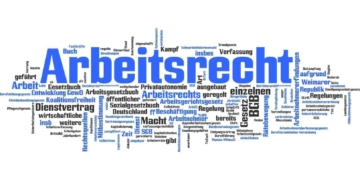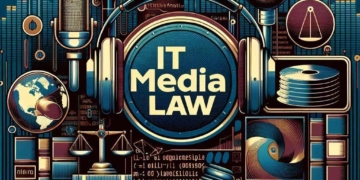Introduction:
In my daily practice as a lawyer in the field of IT law, I regularly encounter the challenge of creating innovative contract models that meet the dynamic requirements of the technology industry. Digitalization and rapid technological progress require contract structures that are not only legally sound, but also flexible and future-oriented. In this context, software development contracts and contracts for atypical silent partnerships are of particular importance.
Although these forms of contract are established in their pure form and offer a solid legal framework, their combination presents a particular legal challenge. It is not just a matter of linking two different types of contract, but rather of creating a balance of interests between the parties involved. On the one hand, there is the software developer, who expects appropriate remuneration for his creative and technical services and is careful not to assign his rights without good reason, particularly with regard to copyright. On the other side is the start-up, which is dependent on the quality and reliability of software development and at the same time requires flexible customization options in the development process.
The complexity of this contract design lies in the need to find a fair balance between these interests without compromising the flexibility and innovative strength that are essential for start-ups and developers alike. This requires not only a deep understanding of the technical and economic aspects of software development, but also of the specific needs and risks associated with an atypical silent partnership.
Basics of the software development contract:
A software development contract forms the legal basis for the relationship between a client and a software developer. This contract regulates key aspects such as the scope and specifications of the software to be developed, remuneration modalities, deadlines and milestones as well as liability issues. The regulation of copyright requires particular attention. According to Section 69a UrhG, the rights to the software are generally held by the developer, unless a transfer or licensing of these rights is contractually agreed. The challenge is to protect the rights of the developer while at the same time safeguarding the interests of the client with regard to the use and further development of the software.
A central topic in software development contracts is the acceptance of the software. Acceptance is a crucial moment, as it usually marks the start of the warranty period and is often associated with the due date for payment. Problems often arise when the developed software does not meet the agreed specifications or contains errors. In such cases, the conditions under which acceptance can be refused and the rights to which the client is entitled in the event of poor performance must be clearly regulated.
Another common problem is the precise definition of the agreed scope of the software to be developed. Ambiguities in the service description can lead to conflicts, especially if the client expects additional functions that the developer does not consider to be part of the agreed scope of services. A detailed and precise service description is therefore essential in order to avoid disagreements later on.
The issue of the transfer and use of rights is also of great importance. The developer must take care not to assign his copyrights and intellectual property rights unintentionally or without adequate compensation. At the same time, the client must ensure that it receives the necessary rights to use the software as planned and, if necessary, to develop it further. This often requires careful negotiation and drafting of the relevant contractual clauses.
Overall, drafting a software development contract requires a deep understanding of the technical details of software development as well as the legal framework. Clear, detailed contract drafting is essential to secure the rights and obligations of both parties and minimize potential conflicts.
Complexity of the atypical silent partnership:
The atypical silent partnership, regulated in Section 230 HGB, enables a person to acquire a financial interest in a company without appearing to the outside world. In contrast to the typical silent partnership, the atypical silent partner participates not only in the profit but also in the loss as well as in the hidden reserves and the goodwill of the company. This form of investment can be attractive for start-ups that need capital but want to retain control of their company. For the developer, it offers the opportunity to participate directly in the success of his work. The challenge lies in precisely defining the terms of participation and protecting both parties against unforeseen economic developments.
Integration of both types of agreement: The combination of a software development agreement with an atypical silent partnership requires careful consideration and integration of various legal aspects. The aim is to create a structure that provides developers with appropriate remuneration for their work and a share in the economic success of the start-up. At the same time, the startup must be able to ensure the quality of the development and make adjustments if necessary. Drafting such a contract requires a detailed examination of liability issues, in particular in the event of software defects, the transfer and use of copyrights and the precise structure of profit and loss sharing.
In the case of an atypical silent partnership, the contribution is usually made in the form of cash. This is a relatively clear and quantifiable figure. However, the situation becomes much more complex if the “contribution” takes the form of software that has yet to be developed. This is not a static, but a dynamic and potentially highly valuable resource whose value only manifests itself over time and with the success of the startup.
This constellation creates a high level of complexity, as the actual value of the software is difficult to determine at the time of the investment. This is especially true if the software is highly relevant to the startup’s business. Mechanisms and evaluation criteria must be developed that enable the value of software development to be appropriately incorporated into the participation. This requires not only a deep understanding of the technical aspects of software development, but also of the economic impact that the software can have on the startup.
The contract must therefore be flexible enough to take into account the changing value of software development over time and at the same time protect the interests of both parties. This is a challenging legal task that requires a high level of expertise and experience.
Conclusion:
The combination of a software development agreement with an atypical silent partnership is an innovative and flexible solution that can be attractive for both start-ups and software developers. However, it requires comprehensive legal expertise in order to take the interests of both parties into account appropriately and avoid future legal challenges. In my role as a lawyer with extensive experience in the areas of IT law, copyright law and corporate law, I will assist you in drafting such complex contracts and creating a fair, legally secure framework for your innovative projects. For individual advice and support, please contact me directly by booking a free brief consultation via Calendly.













































